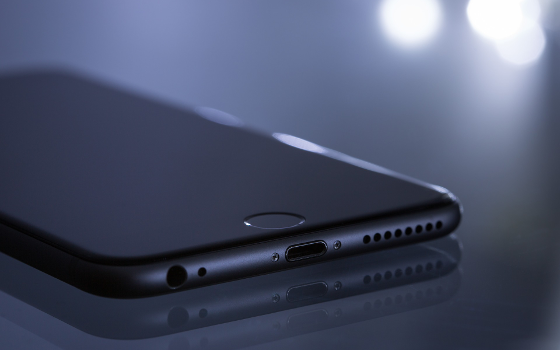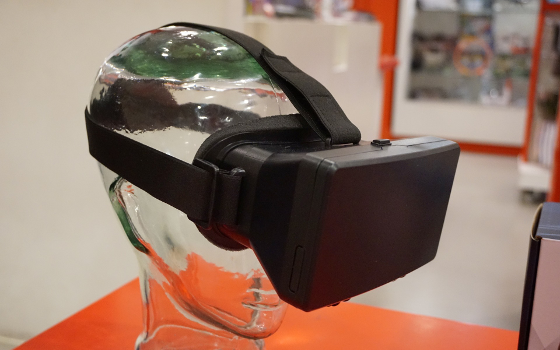Research News
Discrepancy Between What Symptoms Patients Report, What Appears in Electronic Medical Record
Good Outcomes with 'Telepsychiatry' in Medical Treatment of Opioid Use Disorder
DIY Live Cell Imaging Using a Smartphone

What Kind of Selfie Taker Are You?

The Beating Heart of Solar Energy
New Virtual Reality Technology may Improve Motor Skills in Damaged Limbs

More eHealth News ...
Latest Business News
- Stepping Hill Hospital Announced as SPARK TSL Lighthouse
- AI in Healthcare: How do We Get from Hype to Reality, Safely and Effectively?
- Accelerating NHS Digital Maturity: Paper to Digital is Only the Beginning for South Tees Hospitals
- North Cumbria Integrated Care Signs 10-Year Contract with Alcidion for Miya Precision EPR Platform
- Sam Neville Joins the Highland Marketing Advisory Board
Latest Research News
- First Therapy Chatbot Trial Shows AI can Provide 'Gold-Standard' Care
- DeepSeek: The "Watson" to Doctors - from Assistance to Collaboration
- Who's to Blame When AI Makes a Medical Error?
- Research Shows AI Technology Improves Parkinson's Diagnoses
- AI Tool Helps Predict Who will Benefit from Focal Therapy for Prostate Cancer
Latest Conferences News
Latest Jobs
- Growth Manager Europe
- Healthcare Delivery / Implementation Manager (Germany)
- Full Professor of Ambient Assisted Living & Medical Assistance Systems
- (Senior) Project Lead Digital Transformation Consulting
- Global Product Manager - Digital Services for Healthcare
- Marcomms / PR Account / PR Account Manager - Healthcare & Technology
- ECG Data & AI Principal Scientist Director